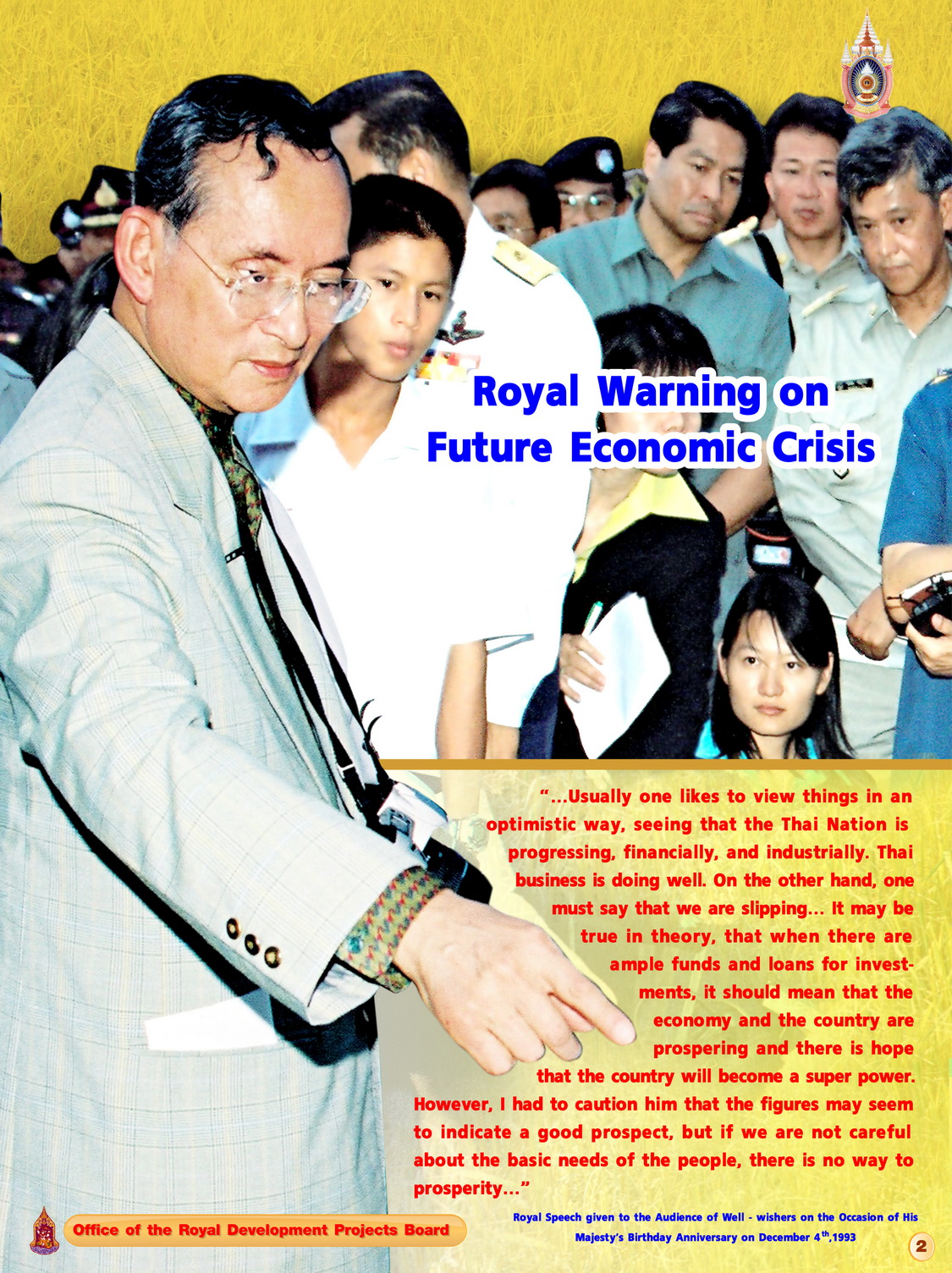
Navigating Storm: Economic Meltdown Warning Signs
The global economic landscape is complex and often unpredictable. This article aims to shed light on potential warning signs of an economic meltdown, exploring indicators and strategies to navigate through challenging times.
Understanding Economic Meltdown: A Prelude to Crisis
An economic meltdown refers to a severe and sudden downturn in economic activity, characterized by widespread financial instability. Understanding the precursors is crucial for individuals, businesses, and policymakers. Recognizing the signs early allows for proactive measures to mitigate the impact.
Rising Debt Levels: A Looming Threat
High levels of public and private debt can serve as a warning sign. Excessive borrowing, whether by governments, corporations, or individuals, creates vulnerabilities. If debt levels become unsustainable, it can lead to defaults, financial crises, and a domino effect that contributes to an economic meltdown.
Unemployment Trends: A Symptom of Economic Stress
Rapid increases in unemployment rates often indicate economic distress. Job losses can trigger a chain reaction, affecting consumer spending, business profitability, and overall economic stability. Monitoring employment trends provides insights into the health of the labor market and potential challenges on the horizon.
Stock Market Volatility: Market Indicators
The stock market is a barometer of economic health. Sudden and significant fluctuations in stock prices can signal investor uncertainty and financial instability. Volatility in financial markets, particularly if accompanied by sharp declines, may indicate underlying economic issues that warrant attention.
Currency Depreciation: Strain on Global Markets
A depreciating currency can be a red flag, especially for countries with open economies. It may signify a loss of confidence in the economic fundamentals. Currency depreciation can lead to higher import costs, inflationary pressures, and challenges in international trade, contributing to economic instability.
Banking Sector Stress: Systemic Risks
The health of the banking sector is a crucial factor in economic stability. If banks face significant stress, whether due to bad loans, liquidity issues, or solvency concerns, it poses systemic risks. Banking crises can quickly escalate into broader economic meltdowns if not addressed promptly and effectively.
Trade Imbalances: Global Economic Disparities
Persistent trade imbalances, where a country consistently imports more than it exports (or vice versa), can strain economic relations. These imbalances may lead to currency fluctuations, protectionist measures, and tensions between trading partners, potentially contributing to economic challenges on a global scale.
Political Instability: Impact on Economic Confidence
Political instability can undermine economic confidence and contribute to an economic meltdown. Uncertain political environments may lead to policy paralysis, regulatory uncertainties, and a lack of investor confidence. Observing political developments is crucial for gauging potential economic risks.
Commodity Price Fluctuations: Economic Impact
Fluctuations in commodity prices, such as oil and minerals, can have profound economic implications. Sudden spikes or declines in commodity prices can affect industries, trade balances, and inflation rates. Monitoring these fluctuations provides insights into economic vulnerabilities and potential challenges.
Navigating Through Challenges: Strategies for Resilience
To navigate economic challenges effectively, individuals and businesses should adopt resilient strategies. Diversifying investments, maintaining fiscal discipline, and staying informed about economic trends are essential. Governments play a pivotal role in implementing prudent fiscal and monetary policies to address warning signs and promote economic stability.
To explore more about Economic Meltdown Warning, visit this link. Being aware of the warning signs and taking proactive measures can empower individuals, businesses, and policymakers to weather economic storms and contribute to a more resilient and stable economic future.










